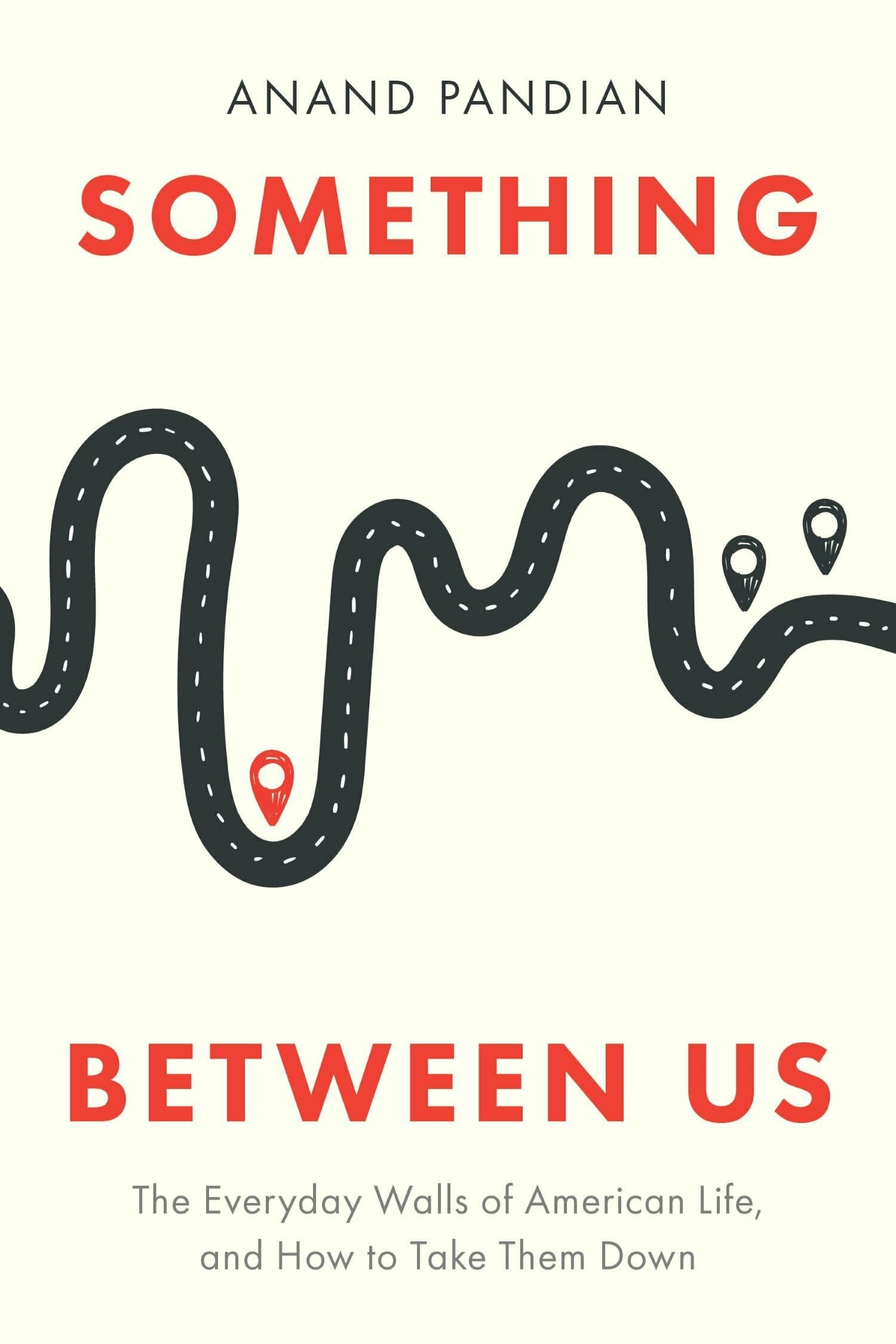On the Edge of the Global

Life in twenty-first century Tonga is rife with uncertainties. Though the postcolonial island kingdom may give the appearance of stability and order, there is a malaise that pervades everyday life, a disquiet rooted in the feeling that the twin forces of "progress" and "development"—and the seemingly inevitable wealth distribution that follows from them—have bypassed the society.
Niko Besnier's illuminating ethnography analyzes the ways in which segments of this small-scale society grapple with their growing anxiety and hold on to different understandings of what modernity means. How should it be made relevant to local contexts? How it should mesh with practices and symbols of tradition? In the day-to-day lives of Tongans, the weight of transformations brought on by neoliberalism and democracy press not in the abstract, but in individually significant ways: how to make ends meet, how to pay lip service to tradition, and how to present a modern self without opening oneself to ridicule. Adopting a wide-angled perspective that brings together political, economic, cultural, and social concerns, this book focuses on the interface between the different forms that modern uncertainties take.
"On the Edge of the Global by Niko Besnier is a compelling attempt to straighten misconceptions and render instead a comprehensive account of how immersed in a globalized world and in modernity the people in (and out of) Tonga actually are. Besides its profound insights, the book is also just pleasant to read, comprehensible even in its most theoretical parts, as entertaining as it is instructive in its descriptions of daily life, and with a fine sense of humour shining through occasionally. For me as an anthropologist working in Tonga for more than ten years, this book is a jewel. For anybody interested both in region or the topics more generally, this book is a must-read. For everybody else, it is simply a pleasure."— Andrea Bender, Journal of the Royal Anthropological Institute
"I found myself wondering why I had not seen these things before! . . . [T]he analysis is intriguing and raises many interesting and valuable questions. This well-written book sheds valuable insights not only on modern Tongan society, but also on issues and challenges that many modernizing societies face."—Cluny MacPherson, The Contemporary Pacific
"This book has expanded my understanding of contemporary Tongan life. Anybody interested in Tonga, or Polynesia at large, and the scholar or layman passionate about gaining insights into how 'globality' is realized in very unfamiliar places will find precious material to treasure. Another valuable piece is added to the literature about Tonga, contributing to the understanding of its fascinating reality."—Giovanni Bennardo, Journal of Anthropological Research
"Besnier takes us to Tongan beauty parlors, pageants, pawn shops, outdoor markets, church services and gyms to show how local 'modernities' and 'traditionalities' are enacted within disparate sites. His book, remarkable in its nuanced, respectful depiction of the emotional lives and intellectual perspectives of diverse informants, is wonderful in argument and ethnography."—Deborah Gewertz, Amherst College
"Ethnographically acute and open-eared, interpretively imaginative and principled, and always engaging, Besnier's book takes Tonga from 'the edge' to the center of new ways of thinking about 'the global.' Besnier's subtle attentiveness to the shape of both ordinary and extraordinary lives and events makes for a rich and theoretically provocative examination indeed."—Don Brenneis, Professor of Anthropology, University of California, Santa Cruz
"This is a study of how modernity renders one anxious—anxious to be a part of it, and anxious not to lose oneself, or one's traditions, along the way. Keenly situated on the global edge, and on the edges of bodies and things, Besnier's study of Tonga as a nervous kaleidoscope—of make-up, make-over, bodybuilding, and the pawning and reselling of everyday things—is sharply observed and beautifully drawn. Clear, smart, witty, and touching."—Anne Allison, Professor of Anthropology, Duke University




